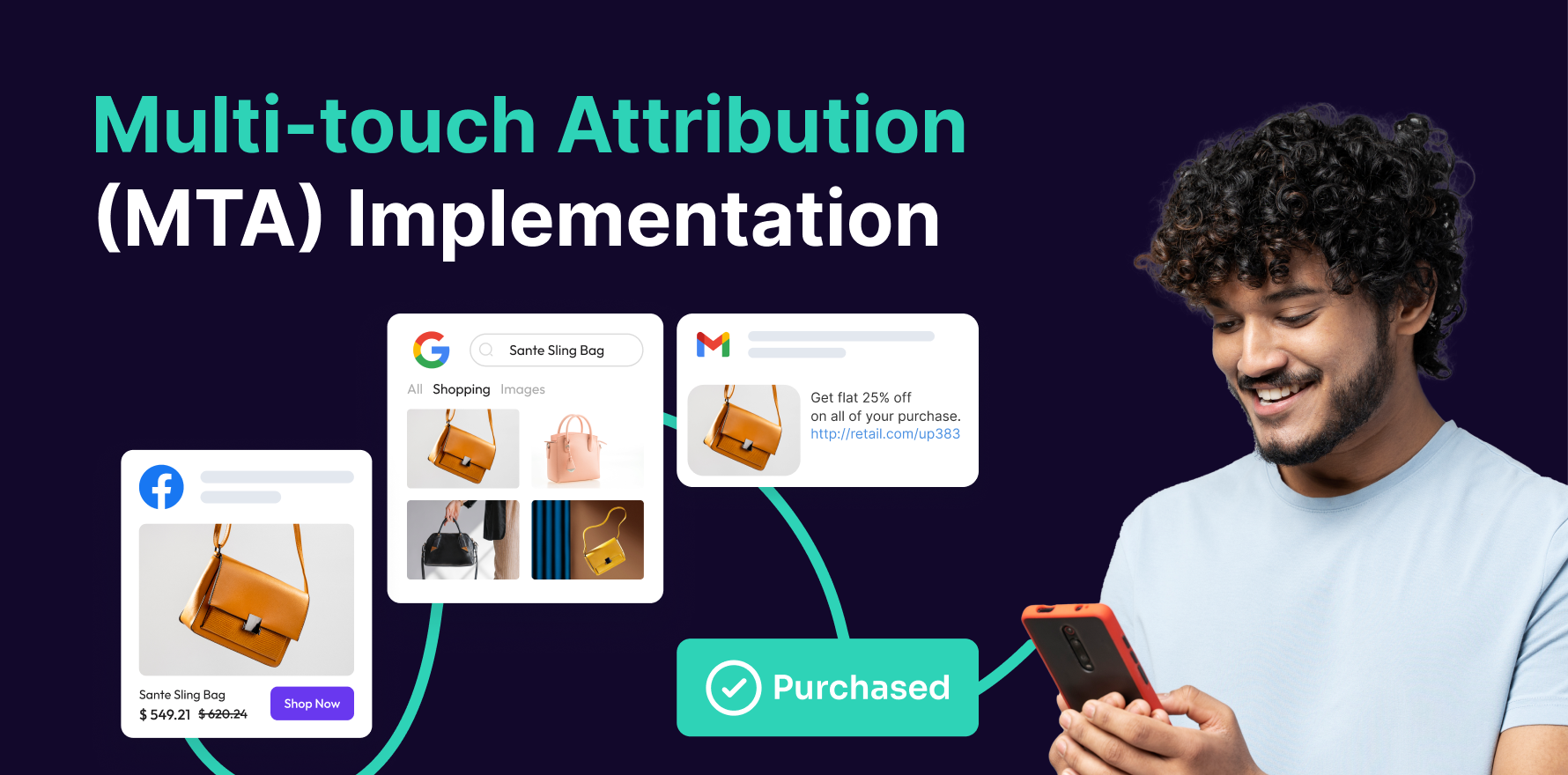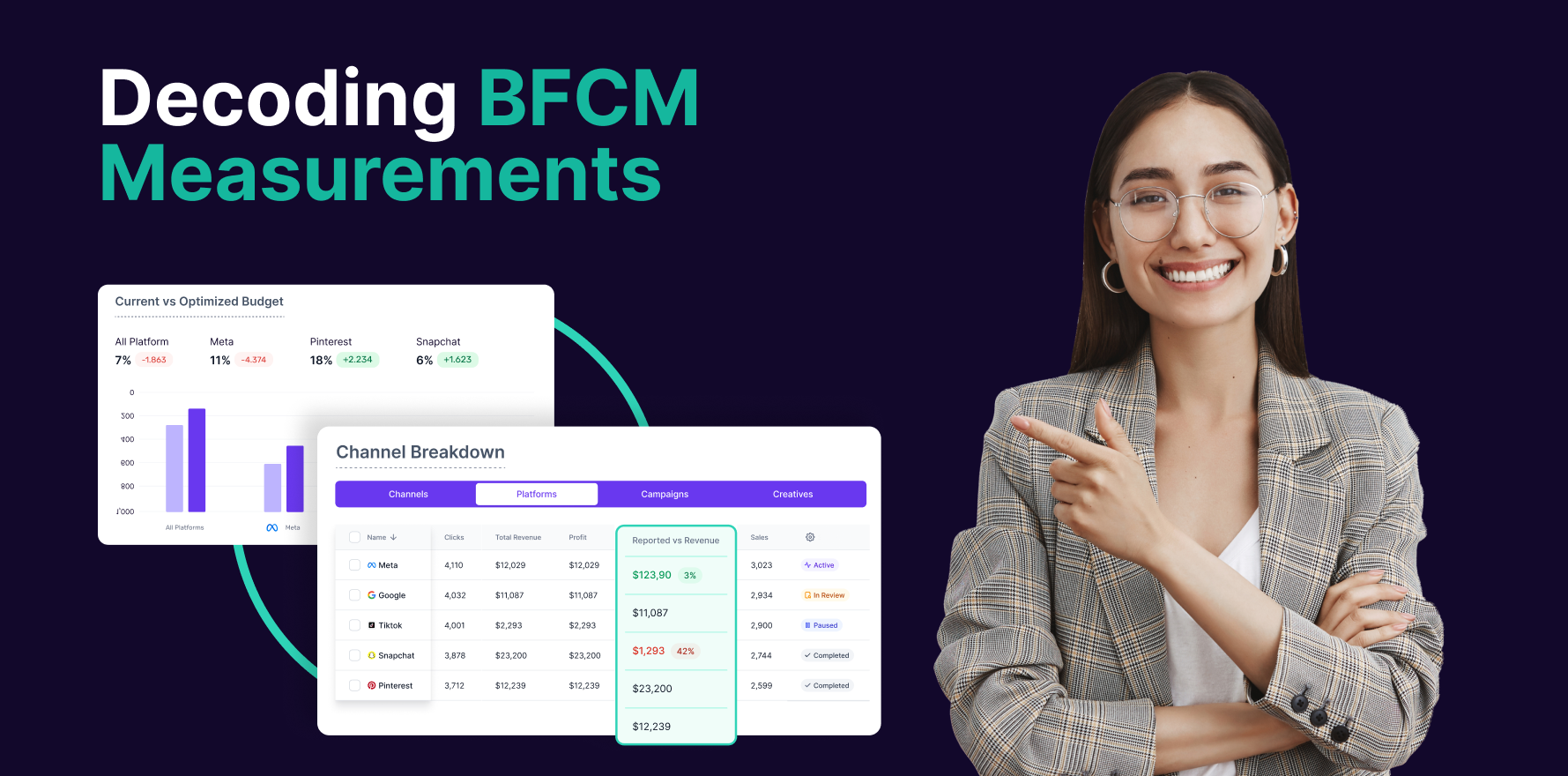A significant shift is coming for advertisers on Meta, particularly those in the health and wellness industry. Starting January 2025, Meta will implement new tracking restrictions that could limit the data advertisers rely on to target audiences and measure campaign effectiveness. These changes may fundamentally alter how campaigns are tracked and optimized for brands operating in sensitive niches like healthcare or supplements.
Meta’s new policies focus on limiting the sharing of certain types of data, categorizing advertisers based on the nature of their websites, and applying restrictions accordingly. For some, the impact might be minimal, but for others, especially brands in the health and wellness space, these changes could mean losing access to key tracking tools, such as Meta Pixel or Conversions API (CAPI).
This blog explores the details of Meta’s upcoming tracking restrictions, who will be affected, and, most importantly, how brands can adapt to navigate these challenges successfully.
What are Meta’s new tracking restrictions?
Meta’s new tracking restrictions, set to roll out soon, aim to address evolving privacy expectations and regulatory requirements. These changes target the types of data advertisers can share with Meta and may significantly affect how campaigns are tracked and optimized. Let’s break down the three key types of restrictions:
1. Core setup restrictions
Core setup restrictions limit the data shared through Meta’s Business Tools. These restrictions may prevent advertisers from sharing:
- Custom parameters are specific data points, such as user behavior details, that advertisers define to improve targeting and reporting.
- URL parameters: Information included after a domain name, such as tracking codes or search query terms.
For advertisers relying heavily on granular data to personalize campaigns or measure detailed performance metrics, these restrictions may reduce the precision of targeting and reporting, making it harder to attribute conversions accurately.
2. Restrictions on standard or custom events
Meta may impose limitations on tracking mid- and lower-funnel events, such as:
- Standard Events: Predefined actions like “Add to Cart,” “Purchase,” or “Complete Registration.”
- Custom Events: Advertiser-defined actions tailored to specific goals.
To mitigate the impact of these restrictions, Meta advises advertisers to shift their focus to upper-funnel events, such as “View Content” or “Page View.” However, this shift may compromise the ability to track critical conversion events, particularly for brands that drive immediate actions like purchases or sign-ups.
3. Full data sharing restrictions
In some cases, Meta may impose complete restrictions on data sharing for specific regions or globally. These full restrictions will likely impact businesses categorized under sensitive niches, such as health and wellness.
For example:
- A website selling vitamins for arthritis, classified under the health and wellness category, may be fully restricted from sharing website event data with Meta.
- These restrictions may also vary by geography, with stricter limitations in regions with more stringent privacy laws, like the European Union.
Full restrictions have significant implications, as they could completely block access to tracking tools like the Meta Pixel and CAPI. Advertisers may lose critical insights into their campaigns without these tools, forcing them to rely on alternative measurement strategies.
Categories most impacted by the new restrictions
Meta’s tracking restrictions will have varying levels of impact depending on the nature of the advertiser’s business and how Meta categorizes their data sources. While some businesses may experience minimal disruptions, others, especially those in sensitive categories, will likely face significant challenges.
1. True medical healthcare accounts:
Accounts directly tied to medical treatments or specific health conditions (e.g., prescription medications or patient care services) will be hit hardest.
These advertisers may lose access to essential tools like the Meta Pixel and Conversions API (CAPI), limiting their ability to track and optimize campaigns effectively
2. Supplement brands:
Brands selling dietary supplements may face Core Setup Restrictions, such as limiting custom parameters or URL data sharing. While these restrictions are less severe than full data-sharing bans, they can still hinder the tracking of mid- and lower-funnel conversions.
3. Most advertisers:
For most advertisers, these changes may have little to no noticeable impact. However, businesses that unintentionally fall into sensitive categories due to the nature of their website content (rather than their ad campaigns) may encounter unexpected restrictions.
How does Meta categorize websites?
Meta relies on machine learning algorithms to classify websites into “data source categories.” This classification determines the level of restrictions applied.
- For example, a website selling arthritis vitamins might be categorized under “health and wellness,” which could lead to restrictions.
- Importantly, these categorizations are based on the website’s content, not the ad campaigns themselves.
Advertisers must ensure that their data source details and event manager settings are accurate to mitigate unnecessary restrictions. Meta allows advertisers who believe their categorization is incorrect to request a review of their classification.
Implications for health and wellness advertisers
Advertisers in the health and wellness will most likely feel the impact of Meta’s new tracking restrictions. These limitations introduce several challenges affecting targeting, measurement, and overall campaign performance.
1. Targeting limitations
With restrictions on mid- and lower-funnel events, health and wellness advertisers may find it harder to target audiences based on high-intent actions like “Add to Cart” or “Purchase.”
These advertisers may need to rely on upper-funnel events, such as “Page View” or “Content View,” which provide broader but less actionable insights.
2. Measurement challenges
Reduced access to granular tracking tools like the Meta Pixel and CAPI can fragment the customer journey, making measuring campaigns’ true impact difficult.
This lack of visibility into mid and lower-funnel events limits advertisers’ ability to accurately attribute conversions to specific marketing efforts, leading to less informed optimization decisions.
3. Campaign performance
Health and wellness brands may face reduced campaign efficiency with compromised targeting and measurement. Personalized messaging, a key driver of success for many, may also become less effective due to limited audience insights.
To navigate these challenges, health and wellness advertisers must explore alternative measurement approaches, refine their data-sharing practices, and diversify their marketing strategies to maintain performance despite these new restrictions.
Actionable strategies for advertisers
Meta’s new tracking restrictions present challenges, but they also allow advertisers to adopt smarter, more adaptive strategies. To maintain campaign effectiveness and measurement accuracy, here are three actionable steps businesses can take:
1. Shift focus to upper-funnel events
As Meta imposes restrictions on tracking mid- and lower-funnel events like “Add to Cart” or “Purchase,” advertisers should prioritize upper-funnel events, such as:
- Page View: Tracking visitors who view key pages on your website.
- Content View: Monitoring engagement with specific products or information.
While upper-funnel events don’t directly measure conversions, they offer valuable signals about audience interest and engagement. Advertisers can use these insights to build awareness, nurture prospects, and create retargeting strategies that align with Meta’s guidelines.
Pro Tip: Combine upper-funnel signals with geo-experiments or incrementality testing to estimate downstream conversion impacts.
2. Adopt third-party attribution tools:
Independent attribution tool such as Lifesight provide cross-platform visibility into customer journeys. They allow you to measure conversions and interactions across multiple touchpoints, offering a more comprehensive understanding of campaign performance.
Pro Tip: Use insights from MMM to guide high-level budget allocation and third-party tools to refine campaign-level decisions.
3. Leverage marketing mix modeling (MMM)
As Meta imposes stricter tracking restrictions, traditional attribution models that rely on granular user-level data face significant limitations. This is where MMM becomes an essential tool for advertisers. MMM operates on aggregated data rather than individual-level tracking, making it a powerful alternative for understanding marketing effectiveness in privacy-restricted environments.
MMM provides a macro-level view of how different marketing channels and tactics contribute to business outcomes, such as sales or customer acquisition. Since it relies on aggregated data rather than individual user signals, MMM is inherently compliant with privacy regulations and unaffected by restrictions on event tracking.
Key reasons why MMM is indispensable under these new restrictions:
- Signal Independence: Unlike pixel-based tracking, MMM does not rely on user-specific data, making it a resilient tool for measurement in restricted environments.
- Holistic Perspective: It analyzes the impact of all marketing activities, including offline channels such as TV or print, alongside online campaigns, providing a complete picture of marketing performance.
- Flexibility: MMM can accommodate variations in data availability and integrate external factors like seasonality or market trends to deliver accurate insights.
For businesses in sensitive niches like health and wellness, MMM offers a way to quantify campaign effectiveness without relying on platform-specific tracking tools.
Final thoughts
Proactive planning and robust measurement strategies are the keys to thriving in this new environment. By shifting focus to upper-funnel events, leveraging tools like MMM and third-party attribution solutions, and continuously refining campaigns, brands can maintain clarity and control over their marketing performance.
As the digital advertising ecosystem evolves, staying ahead requires adaptation and optimization. Lifesight’s advanced measurement solutions are designed to help you navigate these challenges seamlessly, ensuring your campaigns deliver measurable results even under restrictive data conditions.
Book a demo with Lifesight today!
*(Please note that some of the mentioned above restrictions are subject to change based on the Meta’s tracking restriction update.)
You may also like
Essential resources for your success
















